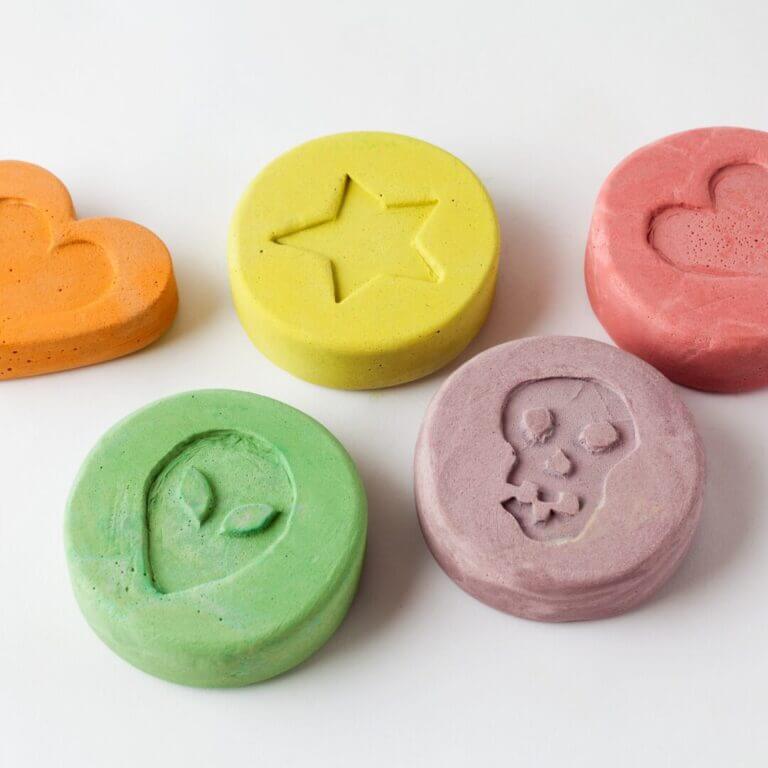Carfentanil is one of several analogs, or copies, of fentanyl that has found its way into the nation’s drug supply. Where fentanyl does have a legitimate medical use as a pain reliever for terminal cancer patients, carfentanil has no such medical use for humans. It is a veterinary tranquilizer used to sedate large animals, like bears and elephants. Continue reading to learn more about the carfentanil and its dangers.
What is carfentanil?
Carfentanil was developed by Jannsen Pharmaceuticals in 1974 and is 100 times more potent than fentanyl. Considering how many deaths are attributed to fentanyl, it is troubling to know there is a drug in circulation that is far more potent.
A tiny amount of carfentanil — about the weight of 35 grains of salt — is lethal to humans. Carfentanil functions as all opioids do, slowing down the respiratory and central nervous systems. However, because of its extreme potency, it can easily cause the individual to stop breathing.
What are the symptoms of a carfentanil overdose?
The risk posed by exposure to carfentanil is significant. First responders take extreme precautions when they are responding to a call of someone who has ingested carfentanil. They are aware that just being exposed to the substance can result in shallow breathing, dizziness, clammy skin and even heart failure.
A carfentanil overdose is similar to other opioid overdoses, but the symptoms just progress faster. They include:
- Extreme drowsiness
- Bluish skin or lips
- Difficulty breathing or slowed breathing
- Pinpoint pupils
- Confusion
- Dizziness
- Difficulty walking and loss of coordination
- Unconsciousness
- Sweating
- Respiratory distress
- Clammy skin
- Heart failure
- Death
How can naloxone help with a carfentanil overdose?
A drug called naloxone (Narcan) provides a narrow window in which to resuscitate an individual who has overdosed on carfentanil. Whereas one dose of naloxone will usually revive someone who has overdosed on heroin or even fentanyl, it may require several doses of this antidote to revive a carfentanil overdose victim.
Naloxone is an opioid receptor antagonist that is administered via nasal spray. It works by binding to the individual’s opioid receptors and reverses the effects of the opioid. However, with carfentanil, a naloxone drip may be necessary to restore the individual’s breathing.
Who is most at risk of a carfentanil overdose?
Someone may be exposed to carfentanil without even knowing it. This is because drug dealers attempt to increase profitability by cutting carfentanil into other substances, such as heroin and cocaine. For this reason, anyone battling a cocaine or heroin addiction could accidentally come into contact with this deadly drug.
In addition, there are some individuals who dare each other to ingest carfentanil in the form of a concoction known as “gray death,” which resembles concrete. This highly risky challenge involves ingesting a mixture of carfentanil, heroin and fentanyl, and then living to boast about it.
What is the treatment for carfentanil use disorder?
The illicit drug supply is tainted with deadly substances, like carfentanil, which increases the chances of an individual encountering it if they are struggling with a substance use disorder (SUD). A residential treatment program can help the individual withdraw safely from the substance and eventually break the grip of the SUD.
Treatment involves a multi-pronged approach that guides the individual toward changing thought patterns and the maladaptive behavioral responses that follow. Using a wide range of therapeutic activities, such as psychotherapy, process group, medication supported recovery, holistic methods and the 12 Step program, it is possible to overcome SUD and enjoy a fulfilling life.
Ashley Addiction Treatment, formerly Father Martin’s Ashley, is a nationally recognized nonprofit leader in integrated, evidence-based treatment for substance use disorders. Our programs are accredited by The Joint Commission, and result in frequent publications of ongoing research into effective treatment methodologies. We offer holistic care that encompasses the mind, body and spirit through inpatient and outpatient treatment, provide drug detox, relapse prevention plans, family wellness programs and a variety of other services tailored to each patient’s unique needs. Our driving principle — “everything for recovery” — reinforces our mission to transform and save lives through the science of medicine, the art of therapy and the compassion of spirituality, and is complemented by our philosophy of healing with respect and dignity. For information about our comprehensive programs, please call 866-313-6307.

